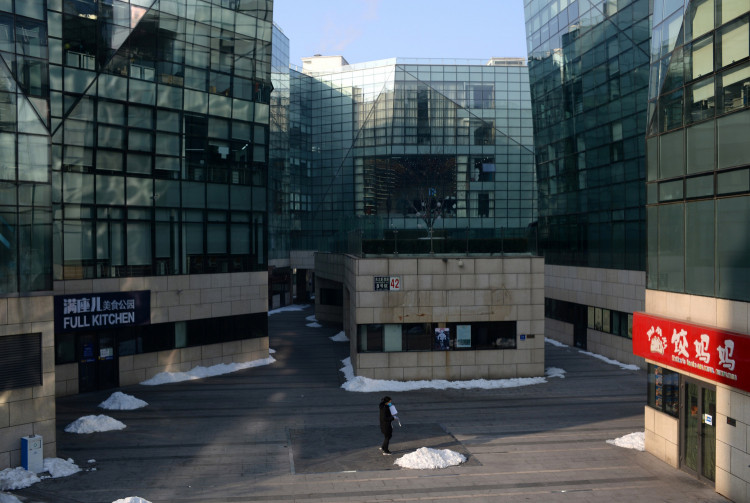The novel coronavirus, called the 2019-nCoV, has been dealing a great deal of pain on China's Hubei province and the nation as a whole as the lockdown on Wuhan continues to batter the industrial sector.
China's Center of Auto Industry Suffers
Hubei is the province where some of the largest automakers in the country are based in for vehicle and component production. According to Bloomberg, even global auto companies such as Honda Motor Co. and PSA Group are based in the province.
The province is also known as the largest phosphorus producer in all of China, and the coronavirus lockdown has cost the fertilizer industry over the past three weeks.
Business has been sour ever since the Wuhan lockdown was announced on January 23. The Chinese government ordered residents across the capital city to stay put at home. Since then, other towns in Hubei have also experienced the business curtailment.
The Share of Hubei In Chinese Economy
Hubei accounts for almost 40 percent of China's total phosphorus output. The coronavirus-battered province also makes up for 11.9 percent and 11.6 percent of the country's cloth and yarn output respectively.
Chief economist at BOCI Securities Ltd. Xu Gao noted that Hubei's industry share "could impact industrial production nationwide." While the impact will most likely be temporary, the issue has also raised concerns among economic experts.
Chinese Businesses Shut Down
Outside of Hubei's phosphorus and auto industry, other segments are also reacting for fear that the infection will spread among their workers and customers.
According to BBC, shops around China, transportation providers, entertainment businesses, restaurants, and even the hospitality industry, are all starting to feel the extent of coronavirus fears among consumers.
The extension of the New Year holidays also dealt a significant blow to businesses around Hubei and further. The re-opening of shops and businesses was delayed, making it harder to maintain momentum.
Economists Predict Cost of Coronavirus on Chinese Economy
As early as late last month, several economists have aired their thoughts on just how large of an impact the Wuhan coronavirus will cost the Chinese economy.
A report by CNN late last month projected that the coronavirus can cost China's economy by as much as $62 billion in losses. Furthermore, some economists said the country's growth rate may cut as much as two percentage points for Q1 2020 due to the losses incurred from the novel coronavirus.
In joint efforts to help boost the economy amid the coronavirus crisis, $12.6 billion was allocated as of the end of January to fight the new coronavirus strain. Some of the country's biggest banks have also slashed interest rates to assist smaller businesses, especially around the Hubei area.
China Fights to Overcome Economic Impact of 2019-nCoV
Despite increasing fears about the extent of the economic hit in China, the government and local companies are joining hands to find ways to push economic growth forward.
According to the Financial Times, many local provinces across the countries have encouraged businesses in various segments to open this week. China's State Council also urged major industries to revive production and operations.
In Shanghai and Beijing, the call for home-based workers is ringing louder by the day as businesses adjust to employees and applicants who prefer to stay locked down in their homes.
Fears are still spreading around the world regarding China's economic expansion for the first quarter but some experts urged economists to cut the world' second largest economy some slack amid the health emergency.
World renowned "virus hunter" and epidemiologist at Columbia University, Ian Lipkin, argued that balancing a country's economic goals and health priorities was never an easy task when a health crisis calls for the government's attention.
China's Economy is Stronger This Year than During the SARS Outbreak
Meanwhile, other economists believe China will overcome the economic costs of the Wuhan coronavirus.
In an op-ed for the South China Morning Post, founder of Beijing-based non-government think tank Center for China and Globalization, Wang Huiyao noted that the country's economic fundamentals are stronger now compared to the time when the SARS strain hit the economy.
Hui said there are better resources for a bounce-back, and there are also improved capabilities in terms of logistics and production across the country.





